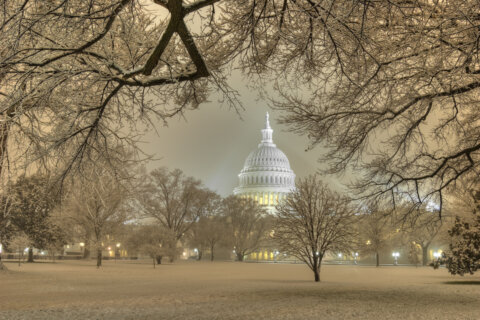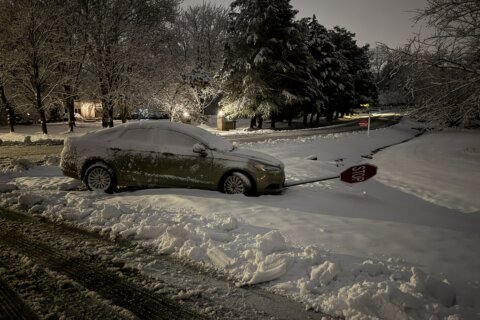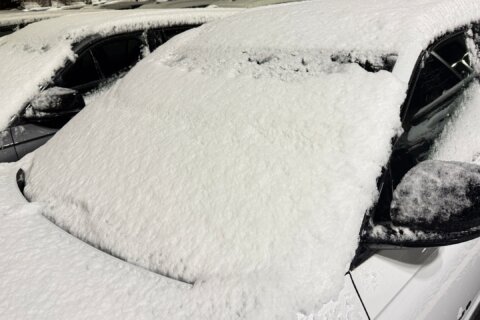A nonprofit that promotes homeownership has advice for families concerned about their heating bills this winter.
After all, many families don’t typically spend all day in homes needing to be heated. But due to the pandemic, this winter will be different.
NeighborWorks America wants to be sure that the extra at-home hours don’t make the winter a budget-buster.
The following tips go beyond just wearing a sweater or adding an extra blanket at bedtime.
“Any unexpected cost can set a homeowner off track, and take away from their goal of building equity in their home,” said Clare Rosenberger of NeighborWorks America. “When we protect the equity in your home now, it’s protecting generational wealth later.”
Rosenberger is the director of real estate programs at NeighborWorks America, an organization that helps create opportunities for people to live in affordable homes and improve their lives and communities.
She has do-it-yourself tips that can help your home be better prepared for winter weather.
Hang heavier curtains
Heavy curtains can keep warm air in and keep cold air out.
“And you watch the sun for your cues,” Rosenberger said. “You can open them during the day to let the sunlight in and heat your house, and then close them at night.”
What about your windows?
“Many windows don’t need to be replaced to be efficient,” Rosenberger said.
Look around the windows’ edges for cracks and seams you can then caulk or fill. Consider exterior door weather stripping.
Change the HVAC filter regularly
“My furnace filter is a 4-inch and I have to change it every six months,” Rosenberger said. “So, when I change my clocks, I change the batteries in my smoke detector, and I change my furnace filter.”
Air vents are a common heat thief
“We’re not checking on the vents that are already in our house,” Rosenberger said. “We’re not making sure they’re clean and not blocked by furniture or rugs.”
Thermostats: the helpful tool many neglect
“If you have a programmable thermostat — program it!” she said. “Each degree lower you set the thermostat can save 3% on your energy bill. So, going from 72 to 68 degrees is 12% savings.”
Check the direction of your ceiling fan
Ceiling fans in winter mode should rotate clockwise on the slowest speed.
Next level: Consider a weatherization or energy audit
In Virginia, Dominion Energy has a program that offers free home energy assessments and the installation of free energy efficiency upgrades for customers who receive EnergyShare bill payment assistance.
Pepco has a free home energy checkup for customers and a Home Energy Savings Program for Maryland customers.
BGE’s home energy checkup might even result in energy-saving measures being installed in your home at no additional cost, such as LED light bulbs, faucet aerators, efficient-flow shower heads and water heater pipe insulation.
You can find information on incentives offered nationwide by state on the North Carolina Clean Energy Technology Center’s website, funded by the U.S. Energy Department.
You can get advice locally, too. NeighborWorks supports a network of nearly 240 local nonprofits in every state, D.C. and Puerto Rico.
“If you’re thinking about how to weatherize your home, figure out who’s a NeighborWorks organization,” Rosenberger said. “Reach out; they’re local nonprofits, they’re there to help.”








